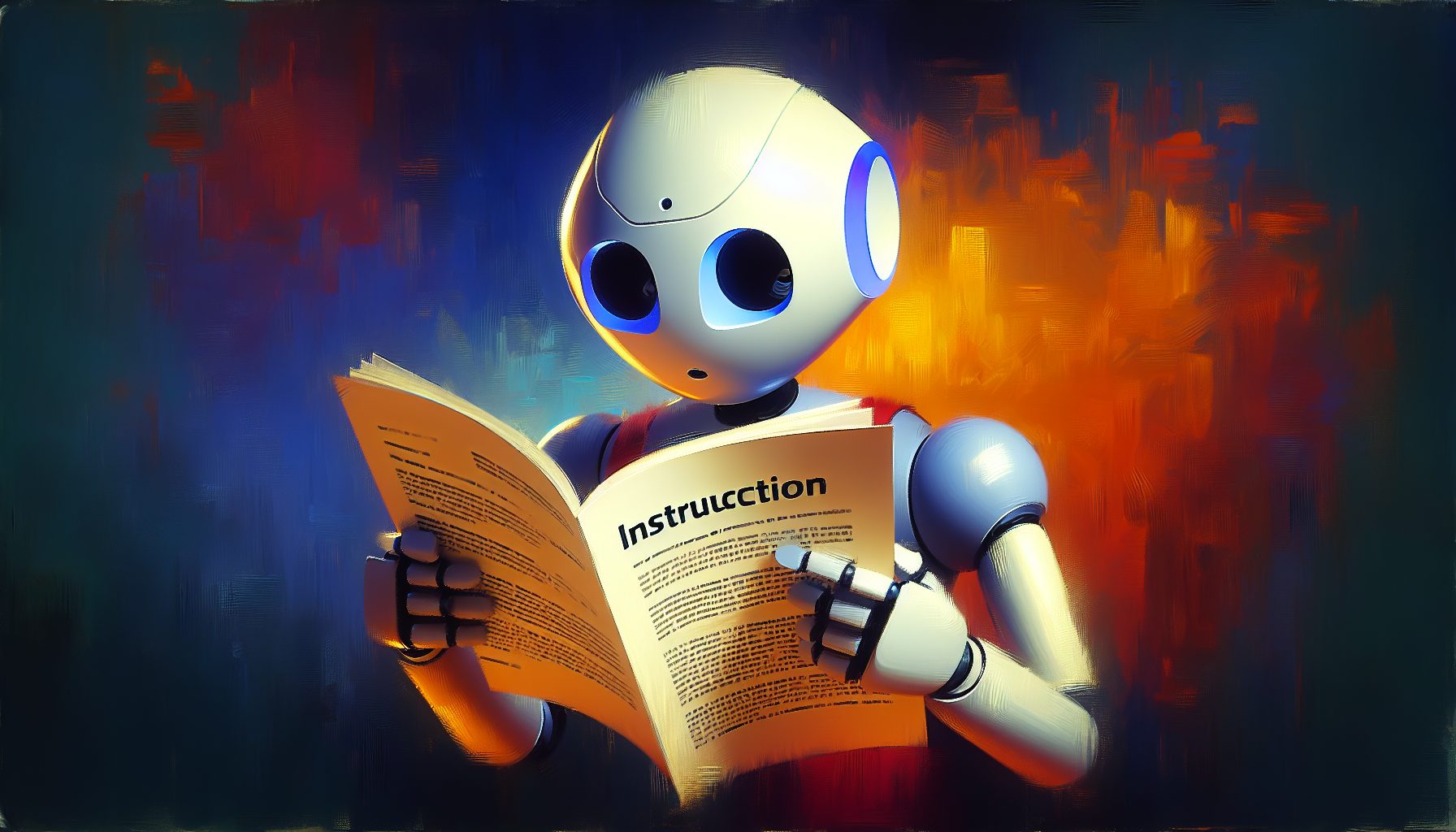Computers manipulate numbers and track words better than people do. But they can’t think. They aren’t smart. Smartness is an animal trait and, for now, we humans are at the top of the heap. Like a computer, we store specific facts in our memory. But we also apply experience, instinct and the ability to identify obstacles when we respond to problems.
 Click to view the full list |
Working together, human and machine can figure out things that, separately, neither could. That is smart. And that’s the basis of Baseline’s 100 Smartest Companies ranking.

We tried to capture the contribution that people, using all tools available to them, make to their companies. When corporate development managers at Marvel Entertainment fine-tune marketing for new superhero movies based on analysis, down to the stock-keeping unit, of how well past efforts have gone, that’s smart. When eBay computer engineers study how its 180 million customers use or don’t use new features at the company’s Web site, that’s smart.
But how do you quantify the benefits? How do you know which companies are really smart?
Using financial data that public firms report to the Securities and Exchange Commission, Baseline contributor Paul A. Strassmann has developed a formula to calculate what he calls Knowledge Value per Employee. That is, the value created by each worker, on average, from chief executive to middle manager to entry-level staffer.
Strassmann is a former technology executive at Xerox, General Foods, Kraft and NASA.
He has written numerous books on information management and, when he’s not lecturing at George Mason University, he consults with the U.S. Department of Defense.
The metric Strassmann created isn’t complex. First, subtract the company’s shareholder equity from its market capitalization. Then divide that amount by the number of employees at the company. The result is an intangible but vital asset: the value each employee generates.
 Check out eWEEK.com’s for the latest news, reviews and analysis on IT management from CIOInsight.com.
Check out eWEEK.com’s for the latest news, reviews and analysis on IT management from CIOInsight.com.
Investors, whose stock-buying choices create a market value for a company, are, in effect, judging the worth of the company’s employees. The smartest companies are, no matter what the business is, the ones where employees are engaged, productive and forward thinking.
Look at Google. As of March 17, investors had bid up Google stock to a staggering worth of $100.5 billion. Yet in annual financial documents filed in December, Google tallied its tangible assets at $10.3 billion. The $90.2 billion difference reflects what investors were willing to pay for what they presumed to be the smarts of Google’s 5,680 workers. Investors bought expectations that, with the right tools and data, Google’s employees will make a $340-per-share stock price a profitable proposition.
Granted, relying on the stock market to judge a company’s smartness has its problems. There will be cases when investors bid up the price of shares beyond any hopes of realizing good returns—say, during times of “irrational exuberance.”
So, the formula isn’t perfect.
But a company’s smartness quotient, especially when compared to that of its competitors, can open discussion into how to make people more productive. Almost always, that’s an area where the chief information officer can help—and not necessarily by installing more software and hardware. Sometimes, productivity comes from simplifying.
QUESTION: Which metrics do you think are indicators of a company’s brains? Write to: [email protected].








